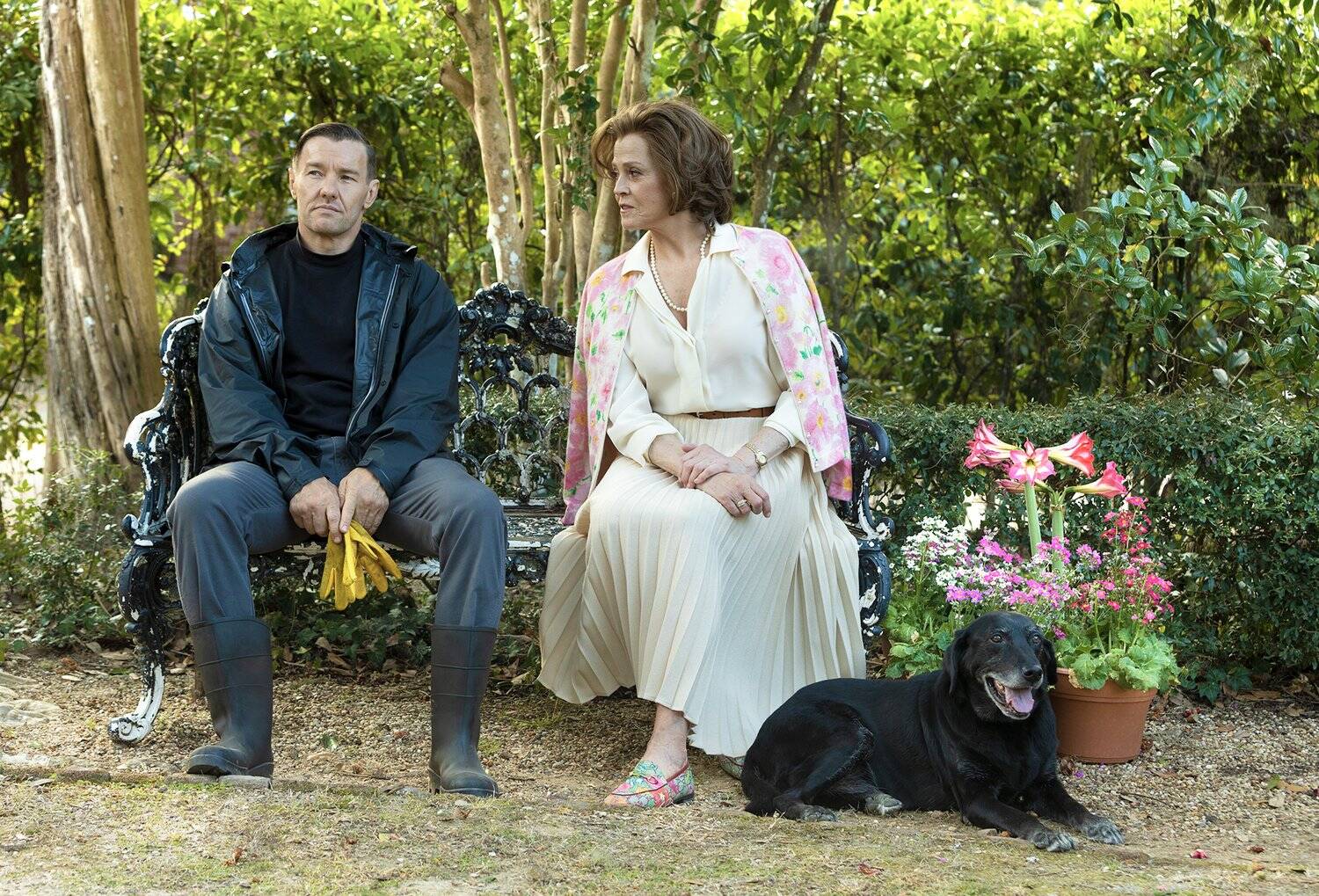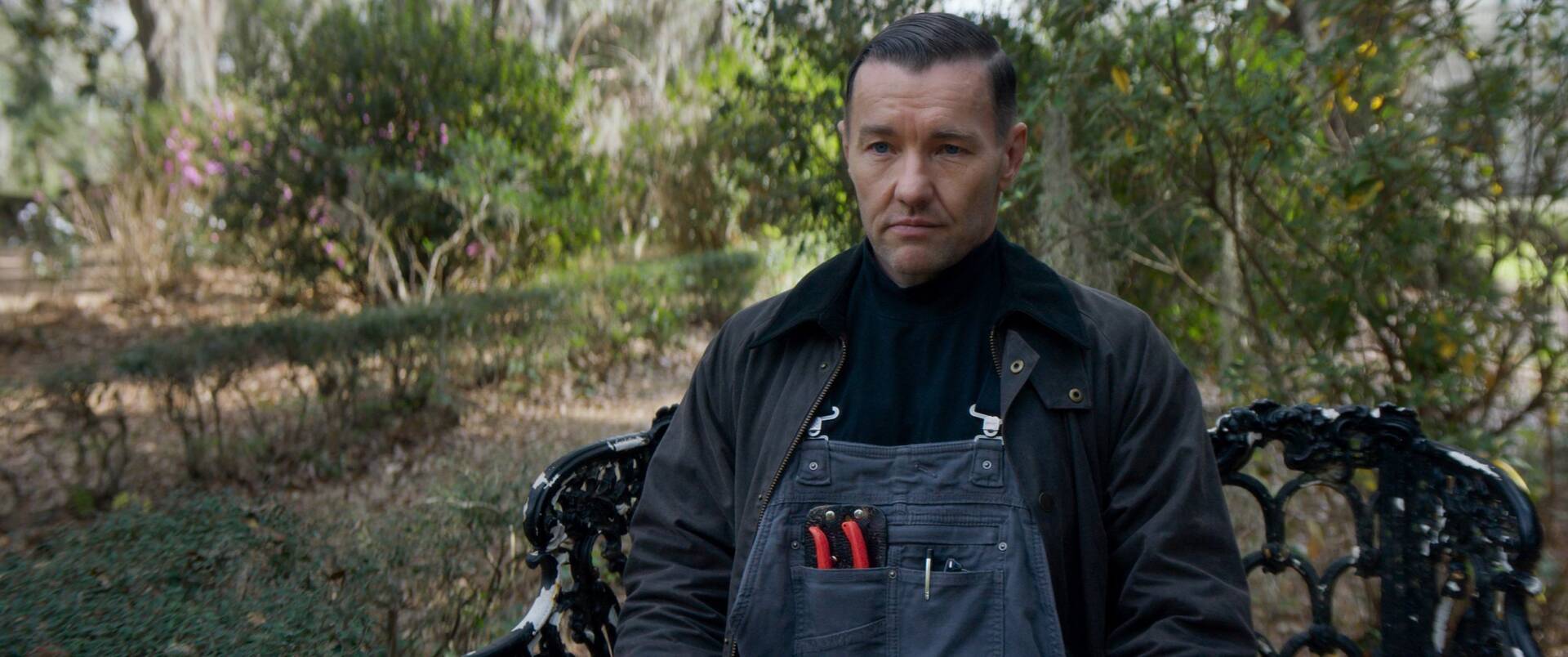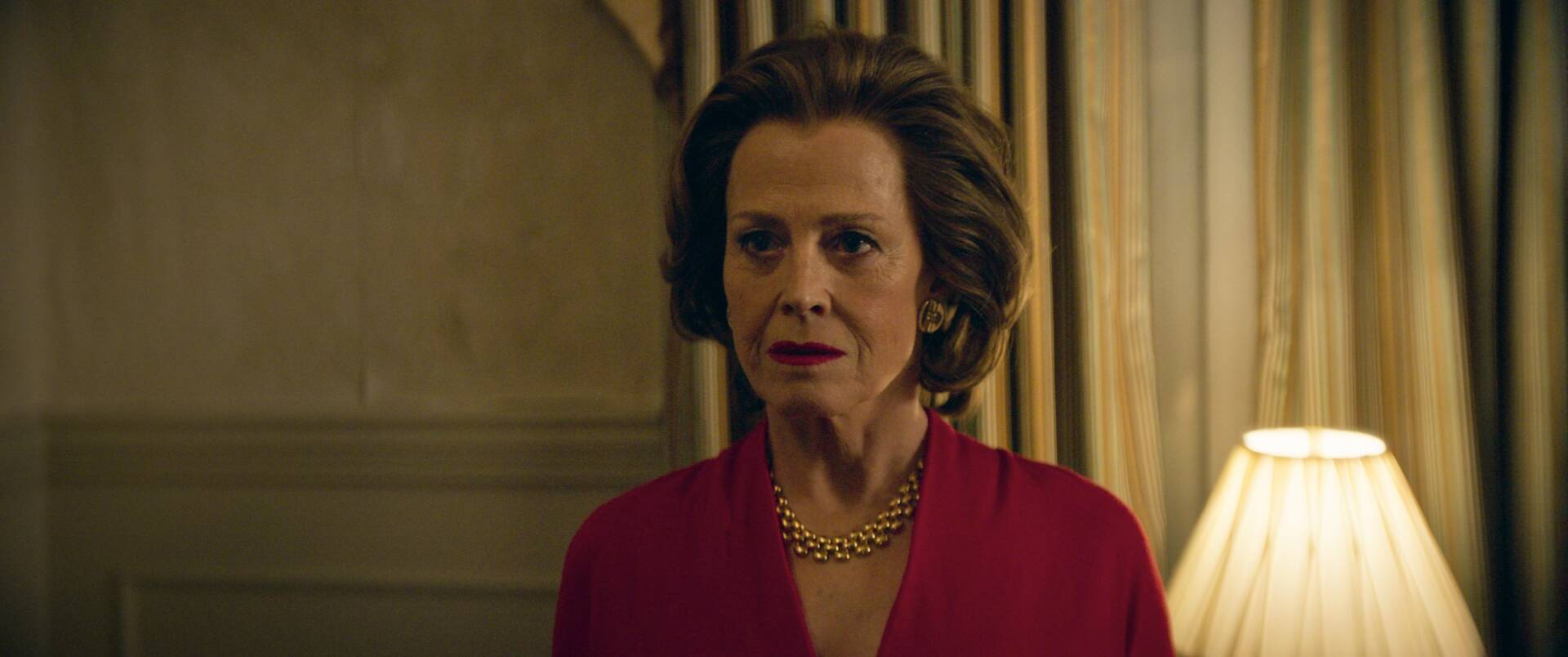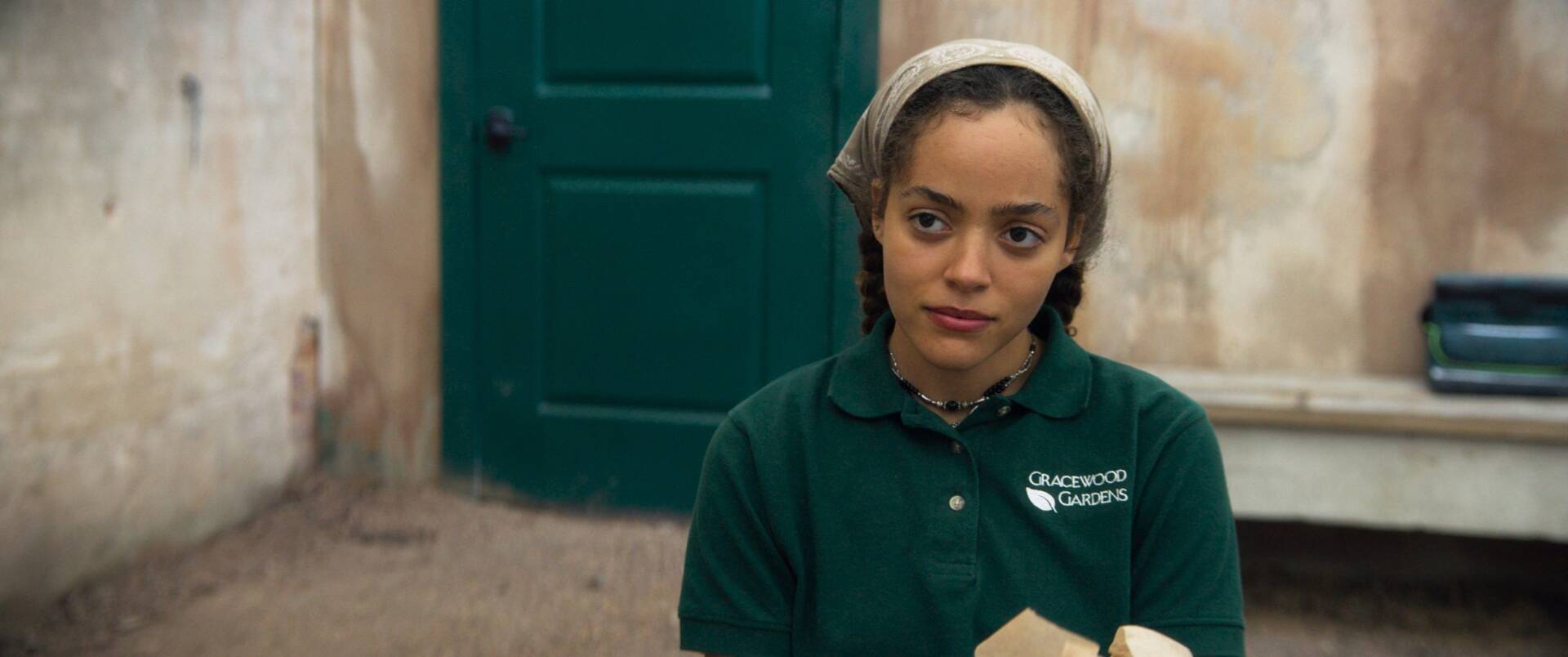Advertisement
Review
Paul Schrader's 'Master Gardener' asks if it's possible to be redeemed by love

Writer-director Paul Schrader has spent the past five decades chronicling the existential torment of solitary men punishing themselves for their sins because God doesn’t seem to be listening anymore. His first produced screenplay, 1974’s “The Yakuza,” starred Robert Mitchum as a guilt-stricken G.I. returning to Japan to atone for a moral transgression during World War II, but it was his script for Martin Scorsese’s 1976 “Taxi Driver” that set the template for much of the career that followed. Schrader writes about lonely figures scribbling dark thoughts in notebooks and wandering a spiritual desert of sleepless nights. From Robert De Niro’s psychotic cabbie to Ethan Hawke’s soulsick preacher in his 2018 masterpiece “First Reformed,” Schrader's anti-heroes are ticking time bombs who tend to explode in bloody, cathartic conflagrations. Until now, that is.
“Master Gardener” is the conclusion of a loose, late-career trilogy of what the filmmaker likes to call his “men in a room” movies, following “First Reformed” and 2021’s “The Card Counter.” They’re variations on his favorite themes, with intentionally overlapping structures and classically Schrader-ian signifiers so familiar that an opening shot of a man sitting and writing in a composition book is enough to draw applause from film festival audiences. Following a formula established as far back as “Taxi Driver” and 1980’s “American Gigolo,” these movies may be similar, but they are not the same. Especially not “Master Gardener,” which starts off in this well-trod territory but ends up somewhere entirely new for the 76-year-old director.

Joel Edgerton stars as Narvel Roth, head horticulturist at an extravagant New Orleans estate called Gracewood Gardens. Owned by the imperious Norma Haverhill (a pitch-perfect Sigourney Weaver) these admittedly gorgeous grounds carry some icky, antebellum vibes just under the surface, which is where most stuff takes place in Schrader movies. Meticulously devoted to his duties, Narvel speaks in clipped, carefully chosen words and somehow keeps his work clothes unsullied and perfectly pressed. (It can’t be a coincidence that they fit him like a priest’s cassock.) He’s so precise and impeccably put together we're inclined to wonder what kind of darkness his rigorous self-discipline is keeping at bay. We find out pretty quickly.
Narvel is a former neo-Nazi terrorist in the witness protection program. Those black turtlenecks and long sleeves he wears everywhere conceal a hideous array of white power tattoos all over his body, the sins of his past etched into his skin. Many years ago, Narvel flipped on his friends and family in the militia and got most of them killed. He may have done some other sketchy stuff for the government, as well. We hear a few intentionally vague allusions from his insinuating old case officer (an excellent Esai Morales) who’s getting ready to retire. But basically, our Narvel was a really bad dude. The worst of the worst.

Ms. Haverhill gets off on it, demanding to see his swastika tattoos when she invites Narvel up to the house and makes him service her sexually. The fearlessness of Weaver’s performance is really something to see here. Listen for the disdain in her diction when she mentions having a grandniece “of mixed blood.” Recently orphaned, Quintessa Swindell’s Maya shows up at Gracewood Gardens with a heavy drug habit and a “No Bad Vibes” T-shirt, which given the circumstances is a pretty good sight gag. Her great-aunt can hardly stand the sight of the young girl, who’s barely out of her teens. Narvel is instantly smitten.
A deliberately outrageous provocation, “Master Gardener” seems designed to stir up the kind of social media discourse that will make you throw your phone into the ocean. But then, that’s always been this director’s deal. If Martin Scorsese is cinema culture’s beloved grandpa, Schrader’s the irascible uncle who says amusingly inappropriate things during holiday dinners. (His occasionally jaw-dropping Facebook posts may be more widely seen than his movies.) The image of a white man covered in racist insignias kneeling penitently before a nude Black girl half his age is so semiotically loaded, the movie might as well be playing with dynamite. Yet there’s also something endearingly guileless about it.
Advertisement

This is Schrader’s least cynical film, earnestly and sometimes clumsily asking if it is indeed possible for the worst among us to be redeemed by love. I had an overwhelming emotional reaction to “Master Gardener,” in spite of — or maybe because of — the movie’s mawkish sincerity and sometimes fumbling dramaturgy. It’s not nearly as slick or polished as some of Schrader’s other pictures, with the genre elements handled particularly poorly. (The less said about Maya’s drug dealing buddies, the better.) But this is a passionate film, suffused with an unexpected optimism that feels hard-won. Schrader has spent an entire career making films about characters who choose paths of self-destruction and suicide. Here’s one that chooses life.
“You’re always in the garden,” a pastor said to Hawke’s imploding preacher in “First Reformed.” He was referring to Gethsemane, where Jesus Christ had his moments of doubt and pain, and where most Schrader characters permanently reside. But Narvel sees gardening as an act of faith in the future, a belief that if a life is nurtured properly, it will blossom according to plan. (Gardening is also basically eugenics, which is why this is such a fertile metaphor.) Like America itself, the grounds of Gracewood have poisonous traditions that have been sown into the land for generations. The movie argues that it’s well past time to rip them up and start anew. As Narvel reminds us, “plants rejuvenate.”
“Master Gardener” opens Friday, May 19, at the AMC Boston Common and the Coolidge Corner Theatre.
